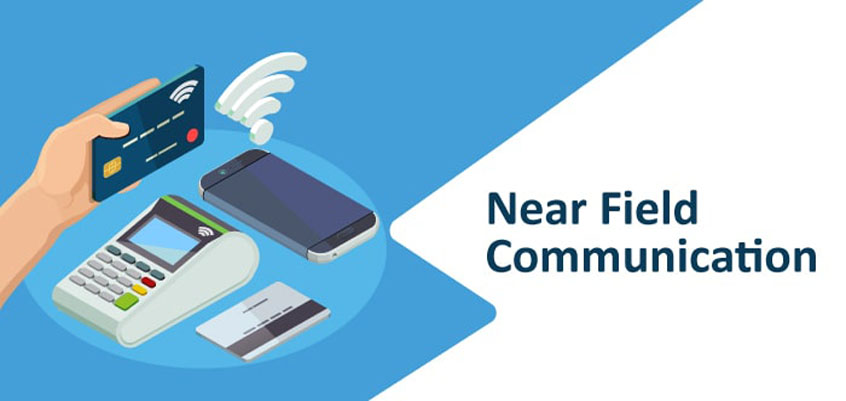
Mobile Payments – A Comprehensive Guide on What You Should Know
 12 Aug 2023
12 Aug 2023
 AppcodeTechnologies
AppcodeTechnologies
Mobile payments have become the next thing nowadays, especially with mobile application development. It all started from PayPal, the company that made the whole concept of electronic payment transfer so popular with international payments made convenient, safe, and fast between buyer and seller irrespective of the geography.
The volume of mobile payments is already being dealt in trillions of dollars with apps launched by almost every single mobile app development company no signs of stopping down any soon. With Near Field Communication (NFC) gaining momentum and tons of mobile payment apps available on iOS and Android, it comes as no surprise to see mobile payments being widely accepted in whatever is being shopped online.
Before we move on to the tips to consider when dealing with mobile payments, let us walk through about what is this whole concept of mobile payment technology and how is it beneficial for both consumers and businesses. Once you are through with this discussion, you will know possibly all the fundamentals related to mobile payments, and whether adapting to the same is beneficial for you or not as an individual or an entity from mobile app development services perspective.
Explaining mobile payments in simple terms
Mobile payment is the secured way to transfer money online via a mobile wallet or a mobile payment app as a result of mobile application development. Mobile wallets facilitate the transactions by storing the balance so as to pay for purchased goods or services on Internet as and when required.

Mobile wallets do execute digital payments on a mobile device using iOS or Android operating system. As per a study, Apple Pay is the most secured mobile wallet with almost 40% retailers worldwide planning to accept it as a viable payment option with 37% already having one taking help of a mobile app development company.
How mobile payments process?
Near Field Communication (NFC) is a major driver for mobile app development services leading to mobile payments wherein the technology brings together a mobile device and payment reader at a distance of 2 inches or less. NFC is nothing but Radio Frequency Identification (RFID) that enables the whole payment transaction to take place via radio waves wherein the Point of Sale (POS) terminal such as payment reader reads payment information from mobile device through an exchange of encrypted information in seconds.
Due to the fact that mobile payments are way faster than cash or swiping of credit/debit cards, transactions take place within the wink of an eye. Following the popularity and footsteps of Apple Pay, it is not surprising to see Android Pay and Samsung Pay walking on same lines giving rise to more developers getting into mobile application development.
Businesses which can leverage mobile payments
Mobile payments as explained above have a great deal of benefits to all, especially small businesses and the ones dealing in cash such as food trucks, farmers, craftsmen, etc. It has been observed that when businesses moved from cash-only option to mobile payments, their customer base increased exponentially with revenue pouring in.
Credit card companies do levy considerable charges on every single transaction performed. Hence, mobile payments via NFC can be a major lifesaver for small businesses to cut down big time on their costs.
Why implement mobile payments?
We already saw the defying role played by mobile payments in eliminating costs and increasing profits. But, just to take the discussion a little further, consumers like mobile payments as an ideal payment option for almost all of their payments due to the portability and convenience offered.

3 simple tips to keep in mind with Mobile Payments
So, now you have made up your mind to use mobile payments. Let us look at three quick reminders to help keep yourself safer than ever with secured mobile payments.
Protect yourself with a strong password
An unlocked phone can pose a great threat by inviting intruders to invade your privacy. Without a password, a thief can mingle with your personal details and can possibly use your payment details to loot you out by transferring all the money via mobile payments to his (her) account.
Let a considerably strong PIN or password safeguard your phone. Go one notch higher with security by securing your phone with fingerprint scanning, iris scan, or facial recognition.
Avoid using an equally fatal public Wi-Fi
Public Wi-Fi tends to disclose private information to others and hence submitting personal information publicly via Wi-Fi can be exceedingly harmful. Payment information leaked in such a manner can intercept the transactions while giving rise to defrauding cases.
It’s better to opt for mobile data to make mobile payments instead of using the Internet in public places. A better option to have a virtual private network (VPN) of your own if you want to securely access Wi-Fi in remote locations.
Final Tip: Better use credit card for paying online
One last tip to wind up the discussion as a mobile app development company is, it’s advisable to store credit card details to be saved on your mobile wallet rather than using debit card details. It’s because credit cards are way more securely encrypted against fraud protection as compared to debit cards.
Credit cards accompany policies related to zero fraud liability and hence one can’t be charged for charges that are suspiciously unauthorized. Debit cards do make an individual liable for any unauthorized charges made to the account.
Conclusion
We just went through three simple tips to avoid big time frauds related to mobile payments. There are so many other tips to be followed out of the scope of this discussion, but we have addressed major things you should know with regards to mobile payment via NFC that can prove helpful enough in mobile app payment.

The Power of Email: How to Stay 'Top of Mind' with Your Customers

How Marketing Brand Can Boost Your Sales and Profits?

AI Solutions for Successful Digital Marketing: Elevate Efficiency and Performance

What is ROAS in E-Commerce? How to Maximize Your Return On Ad Spend?

Optimizing Ecommerce Sales Through Google Ads

The Power of Email: How to Stay 'Top of Mind' with Your Customers

How Marketing Brand Can Boost Your Sales and Profits?

AI Solutions for Successful Digital Marketing: Elevate Efficiency and Performance

What is ROAS in E-Commerce? How to Maximize Your Return On Ad Spend?

Optimizing Ecommerce Sales Through Google Ads

Points to Consider When Using B2B Digital Marketing
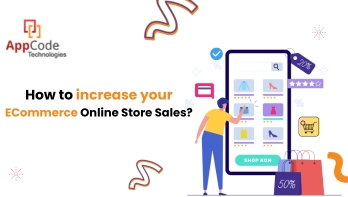
How to increase your ECommerce Online Store Sales?
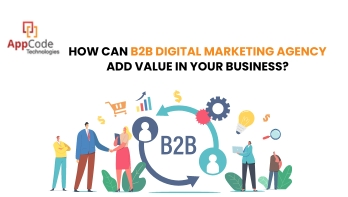
How can a B2B Digital Marketing Agency add Value in Your Business?
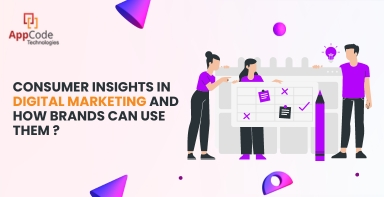
What are consumer insights in digital marketing, and how brands can use them ?
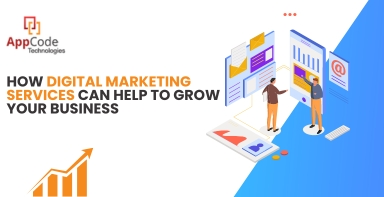



 Digital
Digital Ecommerce
Ecommerce Marketing
Marketing Search Engine
Search Engine Social Media
Social Media Web
Web Hire
Hire


